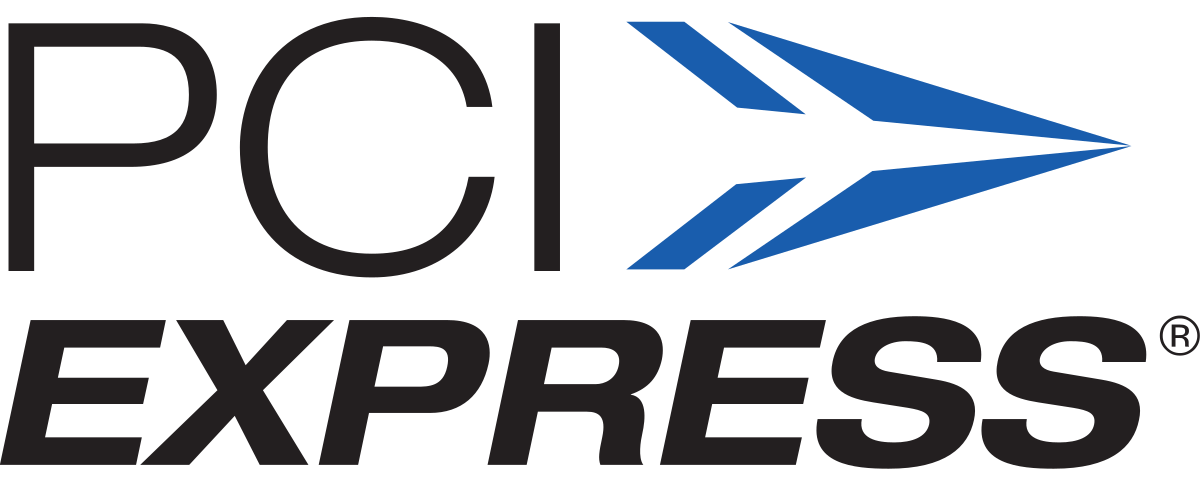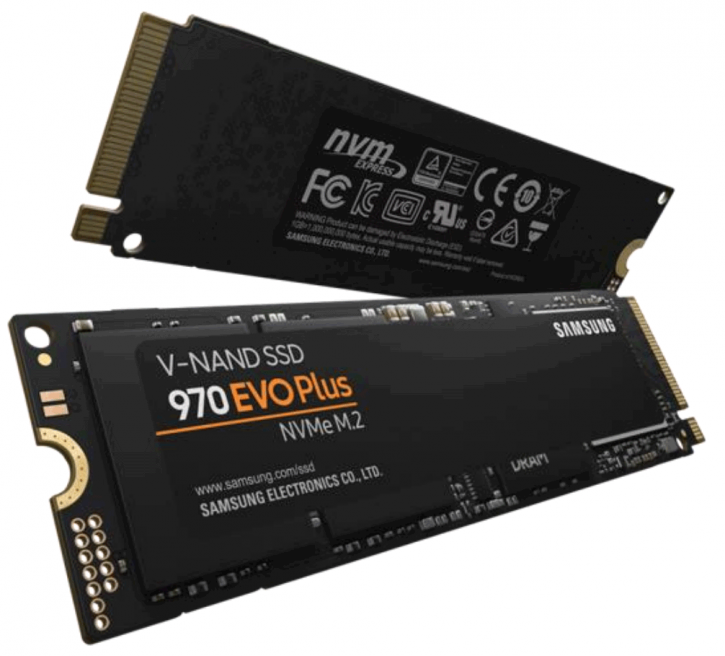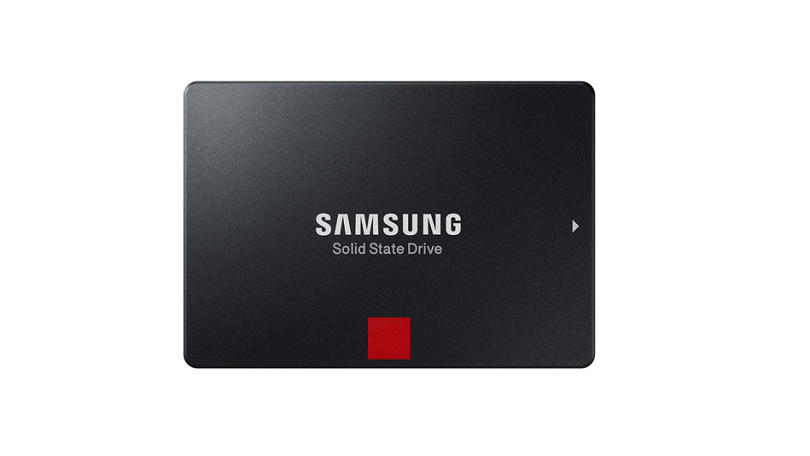Hi,
I found myself in need of a SAS expander card to accommodate my Z590 series motherboard that I am running an audio workstation with. Which only comes with 6 HDD Bays.
I am not going to RAID. I need 6 ports. So they are gonna be 12 total with my MOBO. They should support at least 8 TB drives, and they are all going to be needed at any given moment in my workflow.
But most of the cards I found Googling are either: x1, x2, x4, or Lanes are not mentioned at all.
And then there is 6Gb/s versus 12Gb/s cards... I've heard that the performance is %30 better with the latter.
I am perplexed about which specs I should chase. Which would be good enough? Obviously, I'd like a fast and reliable card.
So help on the subject and also maybe some specific card suggestions would be appreciated.
I found myself in need of a SAS expander card to accommodate my Z590 series motherboard that I am running an audio workstation with. Which only comes with 6 HDD Bays.
I am not going to RAID. I need 6 ports. So they are gonna be 12 total with my MOBO. They should support at least 8 TB drives, and they are all going to be needed at any given moment in my workflow.
But most of the cards I found Googling are either: x1, x2, x4, or Lanes are not mentioned at all.
And then there is 6Gb/s versus 12Gb/s cards... I've heard that the performance is %30 better with the latter.
I am perplexed about which specs I should chase. Which would be good enough? Obviously, I'd like a fast and reliable card.
So help on the subject and also maybe some specific card suggestions would be appreciated.
Last edited:









